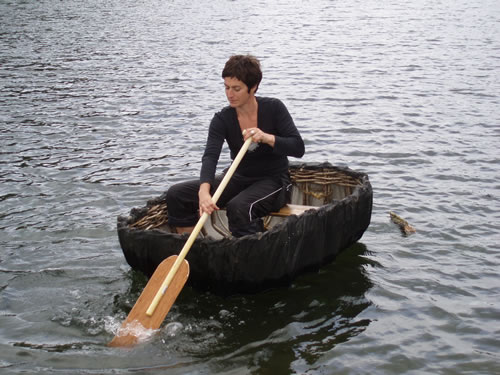Mon 15 Nov 2010
My twittering ping pong dreams
Posted by PJ under carmina, characters, dos lunas, hortensia, novels, stories, venus in transit, writing
No Comments
Some of you who have known me for a long time, and read my stuff for a long time, may remember Hortensia Bustamante. She’s the strong-willed sister of the Bustamante Brothers of Dos Lunas County, the first white settlers to invade the Kintache Indian homeland.
Ever since I finished Venus in Transit, my Dos Lunas County novel, strong-willed Hortensia has been bugging me. “Where my novel?” she’s been asking.
I’ve explained patiently that I’m working on other things now, to make a change from Dos Lunas, but Hortensia has never been one to listen to the reasoning of her writer when she’s made up her mind about something. “Where’s my novel?” she repeats at every chance.
I staved off her insistence some time back by writing a 30k plus novella, but—although she liked it quite well—she’s informed me that it isn’t sufficient. Her story deserves expanding and exploring. I have been thinking along those same lines myself for some time and even had several ideas on how to do that, but I hadn’t thought of taking on that challenge at this juncture.
“It’s time,” Hortensia insists.
I find myself sighing fatalistically a lot these days. My imagination ping ponged all last week between chapter two of the Carmina novel and a short story, and I’ve been considering that maybe it’s time to start the rewrite on Venus in Transit. All the while Hortensia kept crooning in my ear: “It’s time. Where’s my novel? It’s time.”
I pulled the novella out today just to, yanno, look at it. Hortensia squee’d with glee. I told her not to get her hopes up. She scoffed.
So I don’t know what I’m working on now. Perhaps Hortensia would be the antidote to my restless. I’m sure Venus would be. Maybe I’ll let Venus and Hortensia and Carmina and Sea Eyes from the short story fight it out amongst themselves. Just let me know when you’ve figured it out, gang. Only, don’t start sending me tweets advocating for yourselves. That would be one step too far over the line.

